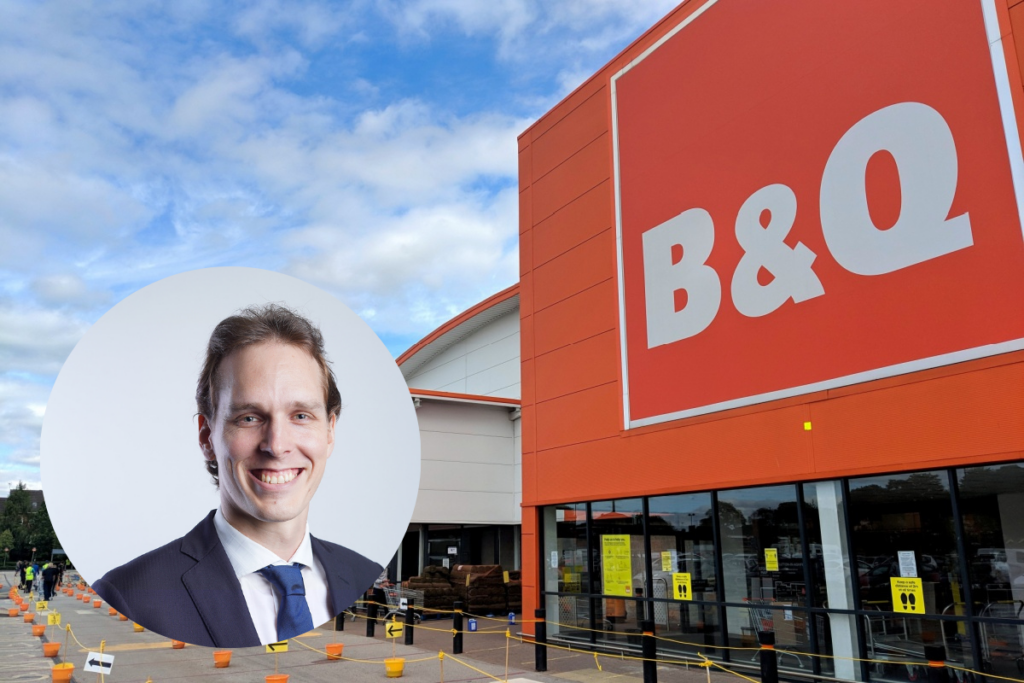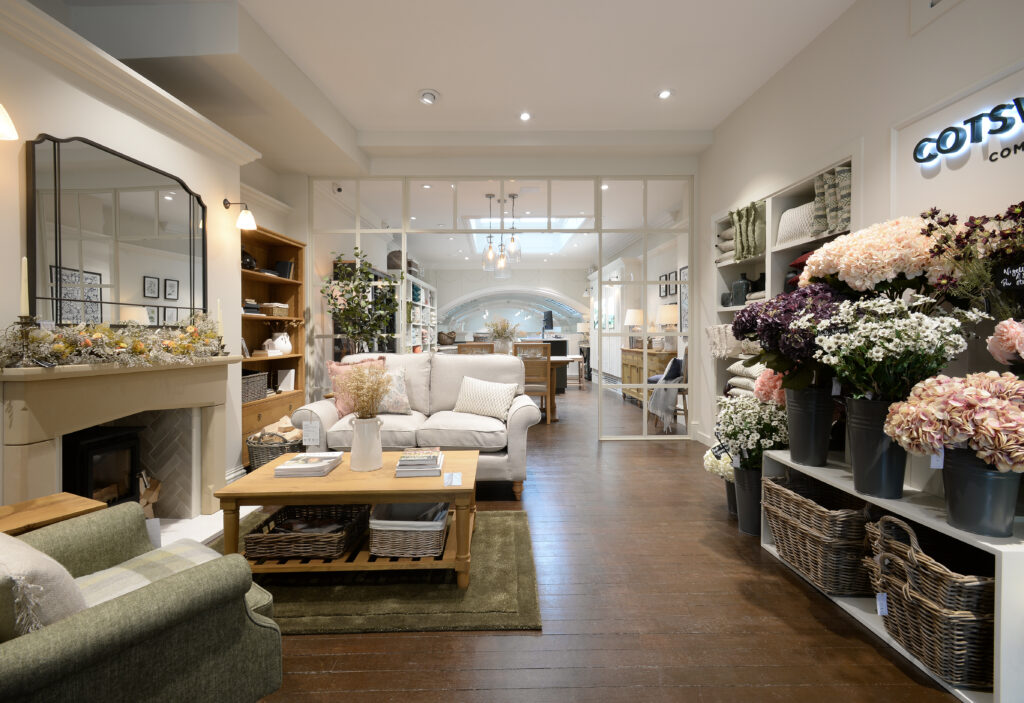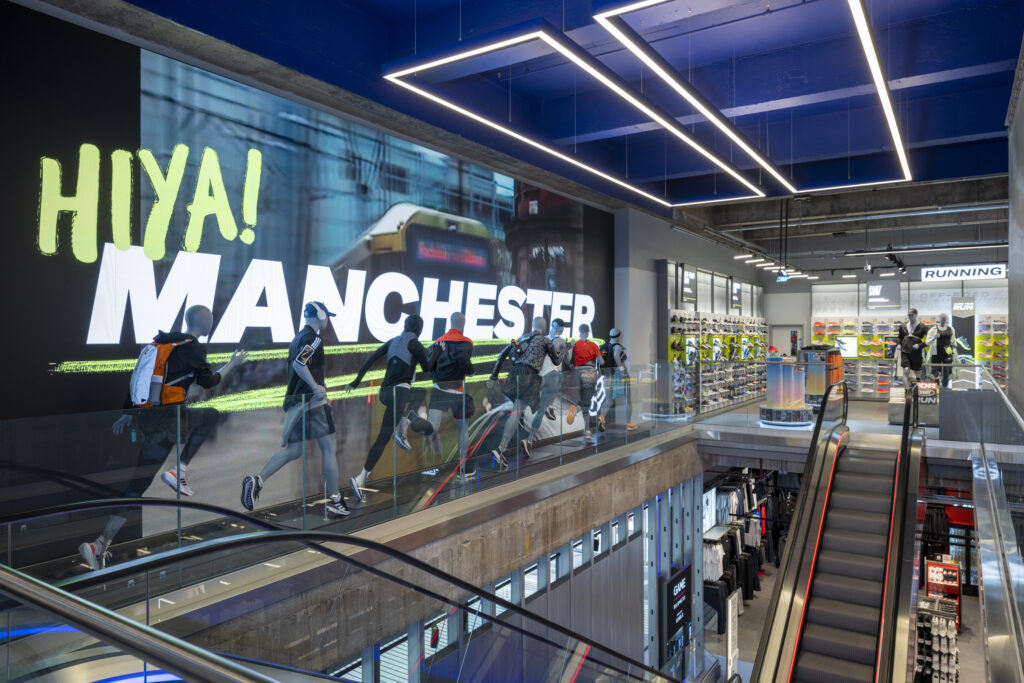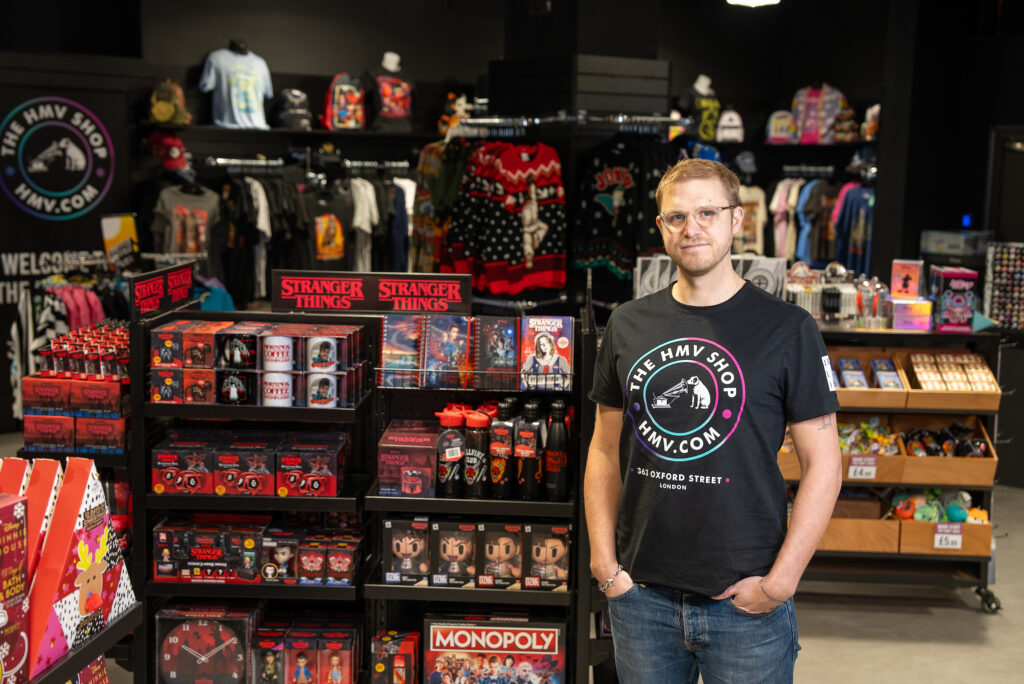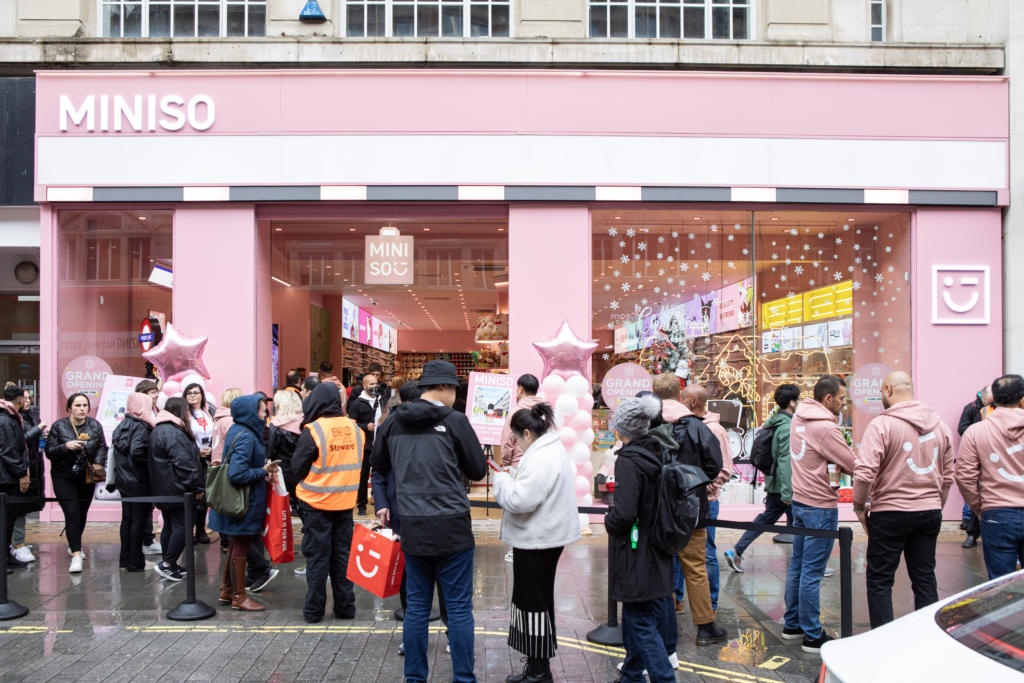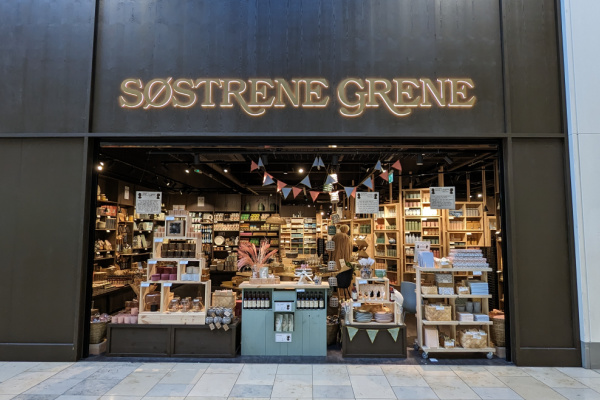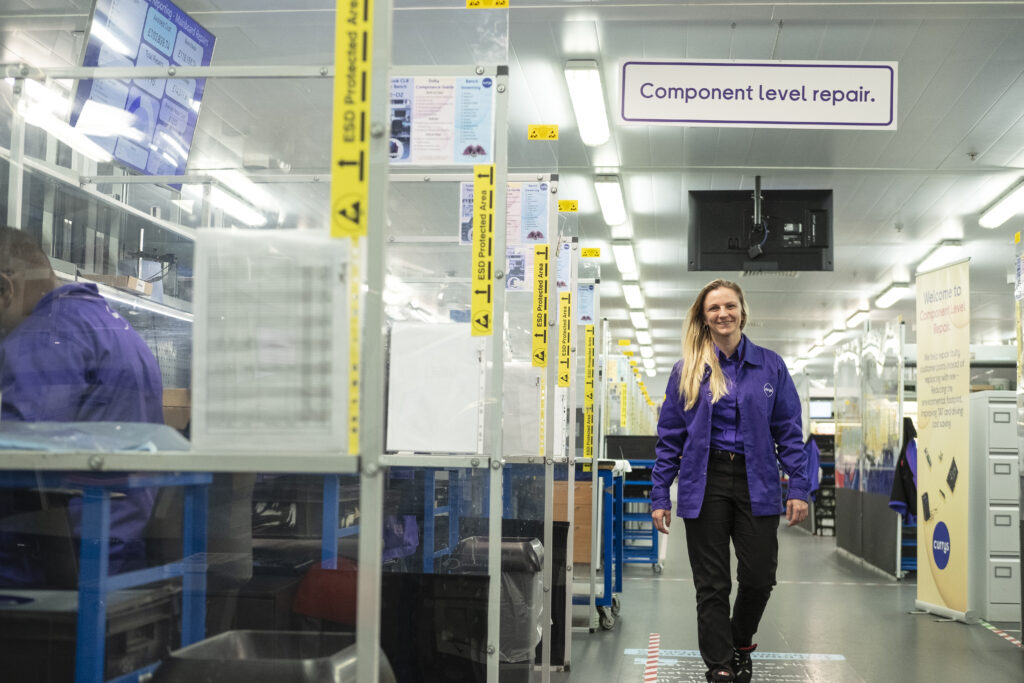“We’ve been supporting independent retail businesses for over 120 years.”
It wasn’t hard for Andrew Goodacre to succinctly explain what the British Independent Retailers Association (Bira) is all about.
Speaking to Retail Gazette, Goodacre – who joined as the group’s chief executive in September 2018 – said Bira represented thousands of independent retailers across the UK. These businesses aren’t just your typical small businesses on the high street. In addition to single retail outlets, Bira also represents small chains, department stores and agricultural dealerships.
“We influence the media, change government legislation and provide support on areas of strain like business rates, parking and staffing,” Goodacre said.
Small and independent retailers have undoubtedly been under threat since the height of the Covid-19 pandemic, and research from Federation of Small Businesses (FSB) earlier this year may have worsened their outlook for 2021.

FSB said small and independent retailers were among at least 250,000 businesses set to go out of business this year if they did not receive further help. One in five smaller businesses cut jobs in the three months to December, while one in seven expect to do so this year.
Goodacre said that following the first lockdown, at least 20 per cent of independent businesses did not reopen.
“What we were seeing pre-pandemic was that a traditional retailer might close but it might open up again as a barbers or a café,” he said.
“What’s clear is that the pandemic has hit everyone on the high street, whether a traditional clothing retailer, a pub, or restaurant, they’ve all had to close – the impact is scary.
“We won’t know what will happen until shops reopen again.”
In late February, non-essential retailers in England were told they can exit lockdown and reopen from April 12 at the earliest. For Scotland, the reopening date for non-essential retailers is tentatively set at April 26, while Northern Ireland stated it would reopen on a data-driven basis, rather than work towards a specific date. Wales is set to outline its lockdown exit roadmap soon.

Goodacre had hoped the retail sector would begin opening up in March as pre-Easter would be beneficial to business.
“All the measures are in place as before, we still have the screens, the hand sanitisers, and face coverings,” he said.
“Retailers should be confident if the virus continues to fall in terms of its spread and the number of people in hospitals continues to decline.
“When shops reopened last year in June, there was no immediate increase in cases. There’s lots of reasons why retail should open up in March, and we would urge Boris Johnson to make this decision depending on cases.”
Goodacre added that independent retailers would be hugely affected if the tiered system of restrictions were implemented again.
“An estimated 80 per cent of independent businesses are currently closed because independent business is smaller, and tends to be specialised,” he told Retail Gazette.
“The only ones really open are those who do hardware and DIY, and convenience stores who sell food in between.
“Tiering will be a barrier to places opening and will impact independent businesses.”
Following Chancellor Rishi Sunak’s announcement of an extension to the furlough scheme and an extension of the business rate relief until the end of June (for England), small and independent retailers have been given a sense of hope after weeks of longing for a clear road map out of lockdown.
As part of the Budget, small businesses – of which retailers comprise a significant proportion – will have access to support under a new £520 million Help to Grow scheme.
The scheme aims to strengthen their computer software and boost their productivity through use of cloud technology to management training. The Treasury said the package was expected to form part of Sunak’s updated Plan for Jobs.
Goodacre said large chains have dominated the high streets for many years, and 80 per cent of these shops are not independent.
“The ‘shop local’ movement has been around for years”
“It’s important to support independent retailers because they are very much a fabric of the high street that provide diversity for people,” he said.
“Independent retailers are much closer to their communities, the business owner is often from that community, they live in that community, and they’ve really made that community work.”
Independent retailers undoubtedly became the focus of retail in 2020 as shoppers turned to their local high streets during the height of the first lockdown. This year, consumers are likely to maintain that loyalty. In a year when consumers were confined to a 15-minute radius, they arguably began to appreciate their local shops.
Goodacre said small and independent retailers fill in the gaps by offering unique, artisan products and a more personalised experience for consumers.
“The ‘shop local’ movement has been around for years, but it’s seen a major resurgence in 2020, which will likely continue in 2021,” he said.
“As part of our commitment, we offer our members access to preferential rates on essential business services and specialist trade and product knowledge and resources to DIY and hardware stores to health stores, cafes and eateries, boutiques, salons, fashion retailers, department stores and more.”
Goodacre added that independent retailers have been resilient during the pandemic. He said they have different business models to their larger competitors, namely less debt and more agility in being able to meet customer needs.
“Independent retailers tend to do better in smaller towns, tourist areas and suburbs,” he explained.
“We hope therefore that indies will be an even stronger part of the high street and continue to meet the needs of the communities they traditionally serve.
“These businesses must also continue to evolve and improve their digital footprint.
“For independent retailers, we really want to help them move into the digital world whether we’re doing that through partnering up with other companies, looking at ideas such as apps for ordering to our buying group, or even working with companies to develop an online trading platform at some point in the future.
“It’s about really taking away some of the challenges of trading online but not attempting to replace the shop and instead complimenting the shop.
“We were seeing the shift to online before Covid-19 came along. Online sales already accounted for just over 20 per cent of retail sales in 2019.
“What Covid has done is taken the number up to 30 per cent, while non food sales went up to 40 per cent.
“Independent retailers tend to do better in smaller towns, tourist areas and suburbs”
“Independent retailers have been dragged, kicking and screaming into a digital world and some of them have actually done it very well.
“However, they should invest money on their websites. We’ve seen a growth in the number of websites that are transactional based on research we did with our members.”
Goodacre predicts that there will be pent up demand once shops start to reopen, with consumers keen to go out and buy some of the things that they don’t want to buy online. He added that retailers would want to create a shopping experience that’s as close to normality as possible, but they should still be cautious with a virus that is not yet dead and buried.
“The government has mentioned that this will be our final lockdown,” he said.
“The rollout of the vaccines provides hope for these independent businesses. From day one, I said we need a vaccine if we’re going to really get back to normality.
“What’s even more important this year is that we don’t lose sight of it, we don’t lose concentration and focus.
“We know there’s going to be less shops, so retailers have to ask themselves – what do we do with those properties? What are the alternatives that we can offer?
“In the past, retail was purely just about shopping. Now, it’s more of an experience.”
Nonetheless, Goodacre felt “positive” about the role independent retail can play.
“It has really established itself as an important aspect of opportunities,” he told Retail Gazette.
“I feel positive in what we can do to help them move forward. I feel very encouraged by the way people in government talk about wanting to support independent retailers because it shows that they recognise the role these businesses can play.
“People want to be a bigger part of their local community, whether that’s spending, volunteering, or doing more within their local community.”
Click here to sign up to Retail Gazette‘s free daily email newsletter



